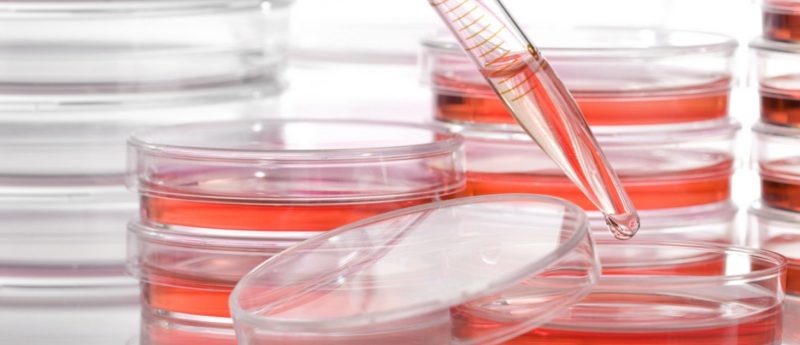New culture method creating ‘more potent’ stem cells could help transplant patients

Scientists from the University of Adelaide (Australia) have devised a novel technique that enables researchers to cultivate mesenchymal stem cells more quickly with a higher resultant potency
A research team from the University of Adelaide (Australia) have identified a novel culture protocol that enables faster cultivation of stem cells, which are also more potent. Kisha Sivanathan (the University of Adelaide) described this as an exciting breakthrough in regenerative medicine, which could lead to new treatments for transplant patients.
“Adult mesenchymal stem cells, which can be obtained from many tissues in the body including bone marrow, are fascinating scientists around the world because of their therapeutic nature and ability to cultivate quickly. These stem cells have been used for the treatment of many inflammatory diseases but we are always looking for ways in which to increase stem cells’ potency,” reported Sivanathan.
Sivanathan explained the significance of the results: “Our research group is the first in the world to look at the interaction between mesenchymal stem cells and IL-17, a powerful protein that naturally occurs in the body during times of severe inflammation (for example during transplant rejection). We discovered that when cultured mesenchymal stem cells are treated with IL-17 they grow twice as fast as the untreated stem cells and are more efficient at regulating the body’s immune response.”
There has been increasing attention around the use of stem cell therapy for transplant patients and these treated mesenchymal stem cells could prove key to the preventing transplant rejection, through increased control over inflammation.
Sivanathan concluded: “Current drugs (immunosuppressant drugs) used to help prevent a patient rejecting a transplant suppress the whole immune system and can cause severe side effects, like cancer. However, stem cell therapy (used in conjunction with immunosuppressant drugs) helps patients ‘accept’ transplants while repairing damaged tissue in the body, resulting in fewer side effects. We are yet to undertake clinical trials on the IL-17 treated stem cells but we anticipate that because this treatment produces more potent stem cells, they will be more effective than the untreated stem cells.”
— Written by Daphne Boulicault
Source: The University of Adelaide press release: www.adelaide.edu.au/news/news79202.html